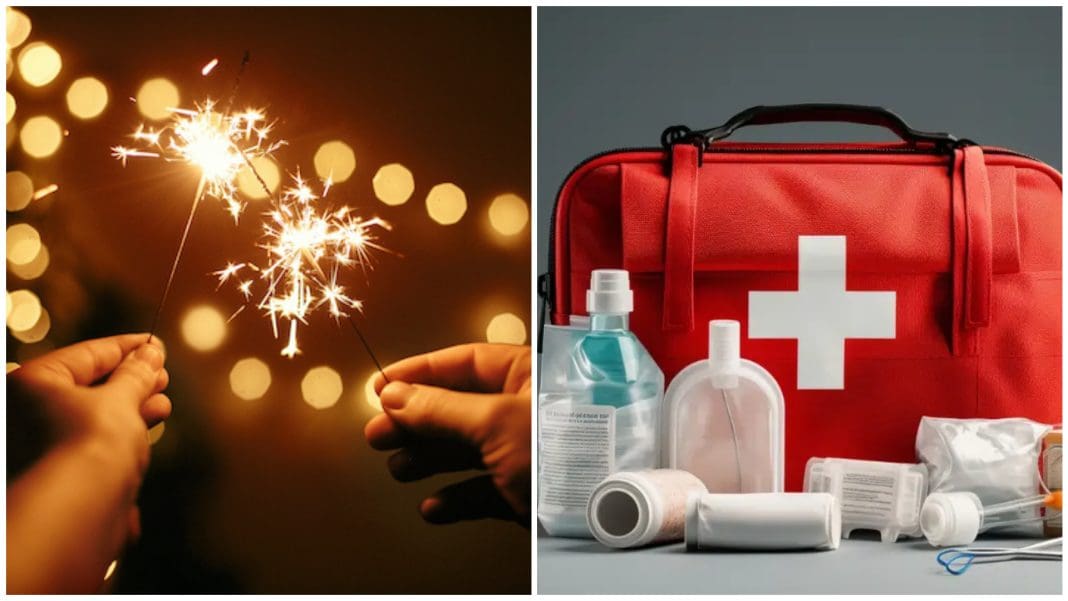As the new year approaches, the anticipation of our celebration to welcome it involving loud noises and visuals through the use of pyrotechnics grows. But with that comes the danger in using these fiery spectacles.

To prevent and treat firework injuries, here’s what you need to know.
Safety Measures and Precautions
Always prepare what is necessary if your family is one who always participates in lighting up something for the new year. Or even if you don’t, it’s still best to be proactive when worse comes to worst.
- Stock up on the essentials such as a first aid kit with all the necessary equipment and medicine, water, and a fire blanket. Also prepare sterile saline in the case of eye contact with sparks.
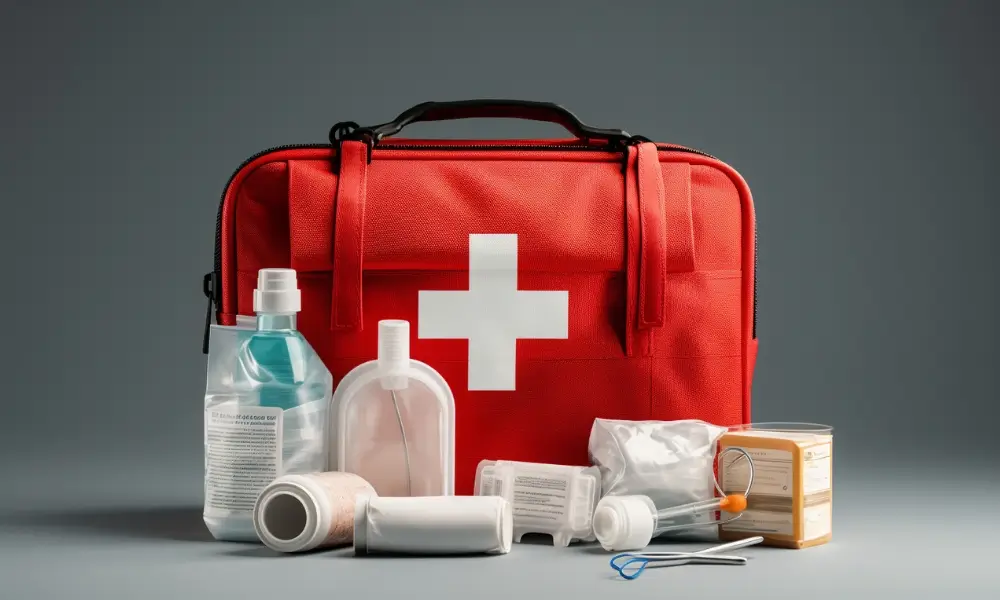
- If you are hosting a home display, make sure to follow the rules and guidelines in your local area and designate a responsible adult to facilitate your firework show. You may google the Fireworks Code in your area to be guided.

- And of course, to be extra precautionary especially for children, make sure to keep fireworks in a closed metal box to avoid contact.
- If you’re going to give your children sparklers, make sure that they are supervised and instruct them to do so at a distance from others.
First Aid Tips
- MINOR BURNS
1. Alleviate the heat of the burn through putting it under running water for at least 20 minutes.
2. Cover the affected area with cling film or a dressing after cooling it with water.
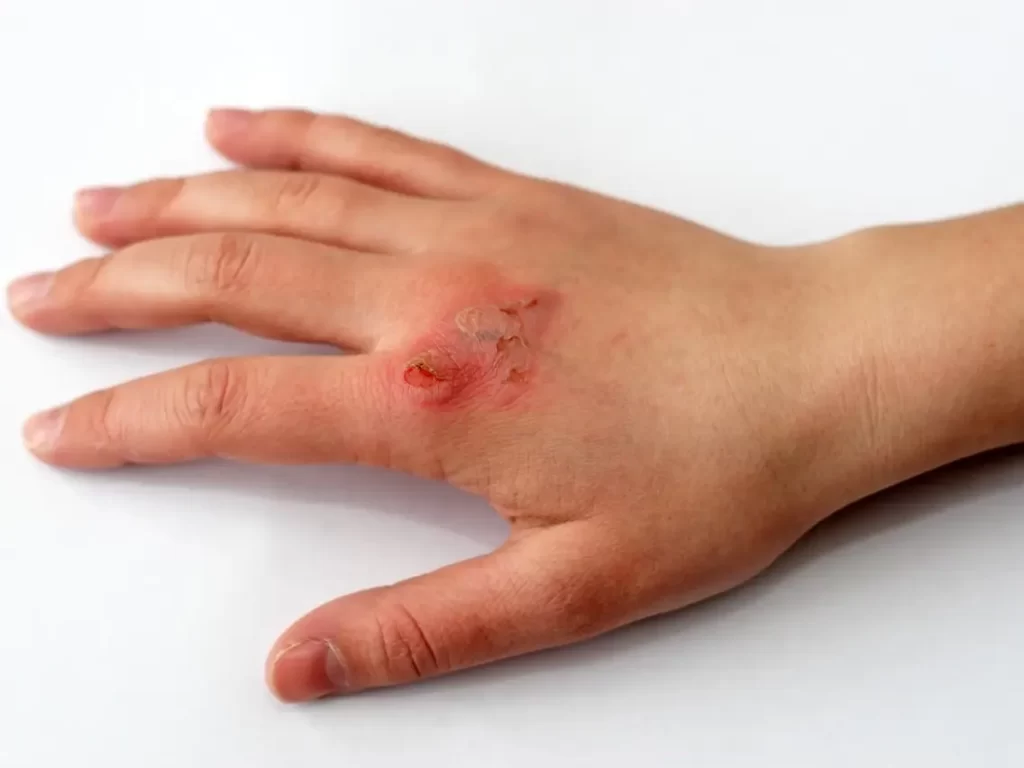
- SEVERE BURNS
1. Call for an ambulance or immediately drive the affected individual to the hospital
2. When waiting for the ambulance, cool the burned area under running water.
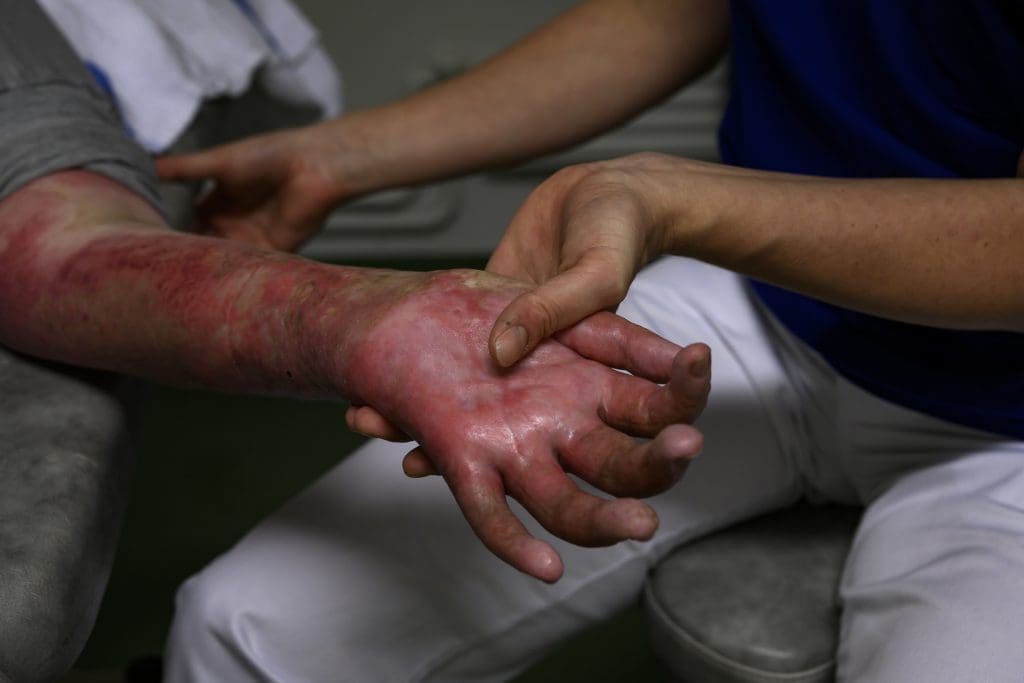
- EYE INJURIES
1. Make sure to wash your hands or wear sterile gloves before you touch the affected area.
2. Apply sterile saline to the eyes.
3. Seek medical advice afterwards to have better treatment, or in the case of persistent pain or discomfort.
- LOSS OF LIMB
1. Cover the amputated part and place in a sterile bag or container full of ice.
2. Seek immediate medical attention. Call an ambulance or immediately drive the casualty to the nearest hospital.
- FIREWORK INGESTION
- Seek immediate medical attention. Firework ingestion is highly dangerous and varies from case to case.
- List down symptoms of the casualty if there are any while waiting for an ambulance or while on the way to the hospital.
- Avoid self-induced vomiting at home. While it is a common treatment to any kind of poisoning, in terms of fireworks, it may cause further harm.
- Bring a sample of the firework ingested if possible. This can help healthcare providers examine the toxins involved and treat you more accordingly.
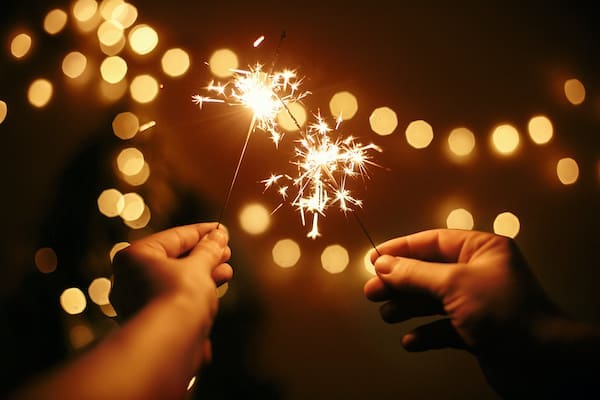
The misuse of fireworks poses serious risks as these things are a double-edged sword. Make sure to be prepared for accidents, and better yet, be careful enough not to let them happen. Supervise children, follow the guidelines in using fireworks, and use them responsibly.

